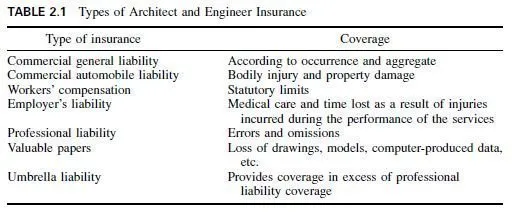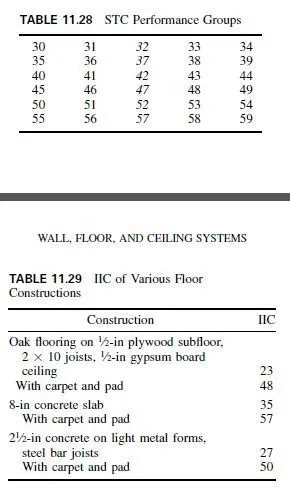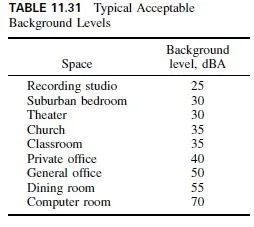Although aluminum ranks high in the electromotive series of the metals, it is highly corrosion resistant because of the tough, transparent, tenacious film of aluminum oxide that rapidly forms on any exposed surface. It is this corrosion resistance that recommends aluminum for building applications. For most exposures, including industrial and seacoast atmospheres, the alloys normally recommended are adequate, particularly if used in usual thicknesses and if mild pitting is not objectionable.
Pure aluminum is the most corrosion resistant of all and is used alone or as cladding on strong-alloy cores where maximum resistance is wanted. Of the alloys, those containing magnesium, manganese, chromium, or magnesium and silicon in the form of MgSi2 are highly resistant to corrosion. The alloys containing substantial proportions of copper are more susceptible to corrosion, depending markedly on the heat treatment.
Certain precautions should be taken in building. Aluminum is subject to attack by alkalies, and it should therefore be protected from contact with wet concrete, mortar, and plaster. Clear methacrylate lacquers or strippable plastic coatings are recommended for interiors and methacrylate lacquer for exterior protection during construction. Strong alkaline and acid cleaners should be avoided and muriatic acid should not be used on masonry surfaces adjacent to aluminum. If aluminum must be contiguous to concrete and mortar outdoors, or where it will be wet, it should be insulated from direct contact by asphalts, bitumens, felts, or other means. As is true of other metals, atmospheric-deposited dirt must be removed to maintain good appearance.
Electrolytic action between aluminum and less active metals should be avoided, because the aluminum then becomes anodic. If aluminum must be in touch with other metals, the faying surfaces should be insulated by painting with asphaltic or similar paints, or by gasketing. Steel rivets and bolts, for example, should be insulated.
Drainage from copper-alloy surfaces onto aluminum must be avoided. Frequently, steel surfaces can be galvanized or cadmium-coated where contact is expected with aluminum. The zinc or cadmium coating is anodic to the aluminum and helps to protect it.


